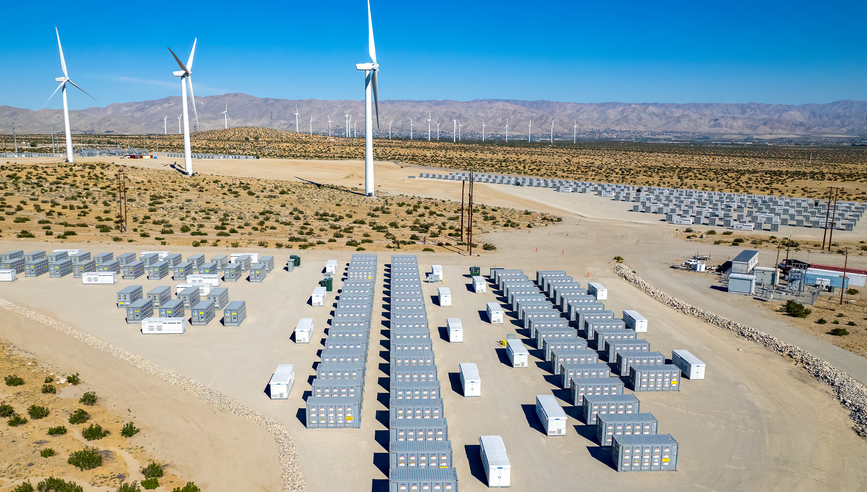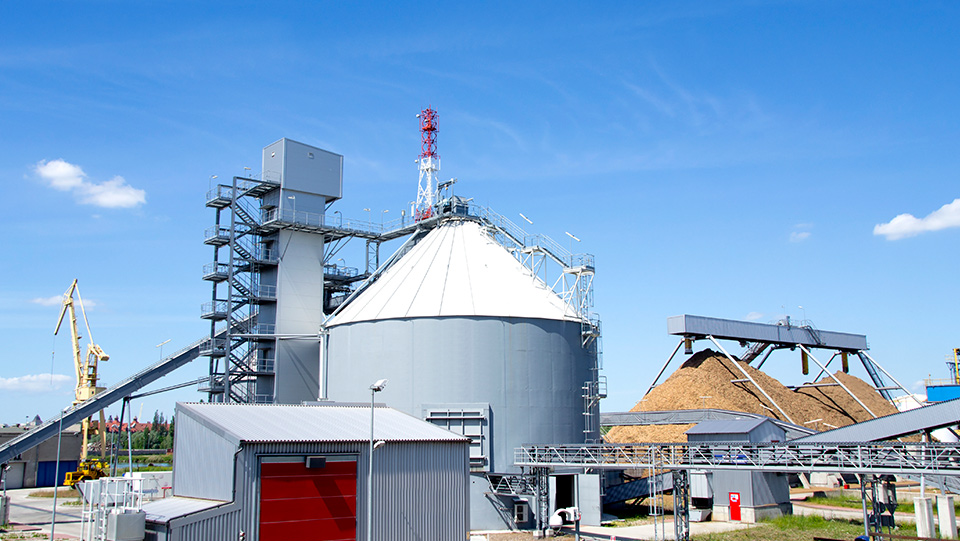6 Biomass Risks


Renewable energy is a complex sector whose businesses and investments face a unique set of risks. For independent biomass producers as well as for those investing in biomass as a secondary operation, addressing these risks and implementing safety measures can help protect employees, prevent property damage, minimize business interruption and ultimately help ensure the long-term performance of operations.
1. Property damage
Methane gas leaks as well as improper storage and handling of feedstock can cause fires or explosions. Also, hot work being done on equipment presents a fire or explosion risk where methane gas or combustible feedstocks are present.
2. Workplace injury
Feedstock processing or material handling, which may involve the use of heavy machinery, can lead to a variety of employee injuries, from back strains or muscle pulls to more serious injuries and amputations. Employees may also be exposed to chemical and physical hazards, for example from noise and heat, which can lead to the potential for a variety of occupational diseases.
3. Transportation
Transporting methane from an anaerobic digestion operation, or feedstock to a biomass operation for processing, may require the use of heavy trucks or tractor trailers. Driver selection, management and training can be critical to controlling risks related to over-the-road transportation accidents.
4. Contractual risk transfer
Without proper contractor/vendor selection processes and written contracts in place, you may be assuming risks from your contractor/vendor’s work that may be avoided.
5. Equipment breakdown
Some components of many biofuels are corrosive in nature, leading to accelerated wear and tear of power generating equipment, such as internal combustion engines, boilers and turbines. Without proper maintenance, accelerated wear and tear can lead to increased frequency and severity of equipment breakdowns, resulting in business interruption and costly repairs.
6. Extra expense
In some cases, biomass plants are contractually obligated to accept feedstock that comes into their facility whether or not they have ample space to store it. In this case, a facility may incur an extra expense to secure an additional storage area for the feedstock.
Ask your insurance agent about Travelers insurance solutions for renewable energy operations.



